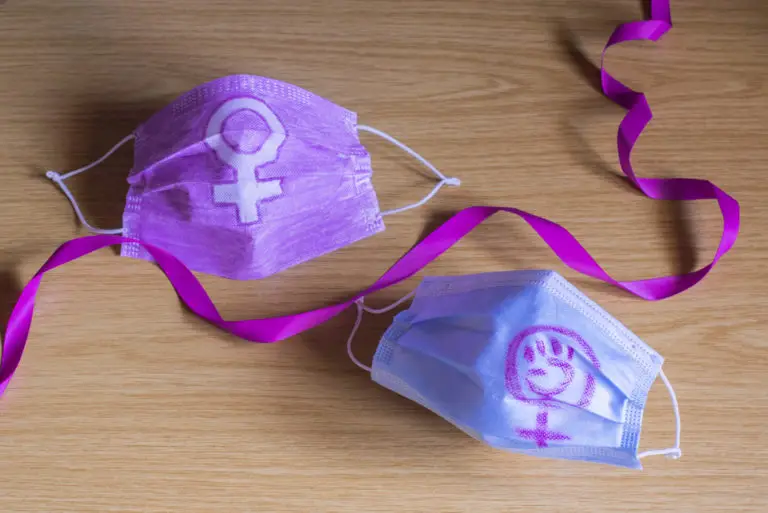Today, Monday 8th March, is International Women’s Day – a global event celebrating the social, economic, cultural and political achievements of women. In order to help mark a call to action for gender parity, groups worldwide come together to rally for equality, often raising millions for female-focussed charities in the process.
Every company and influencer alike seems to be onboard with the campaign this year, from the more obvious supporters like Amnesty and Oxfam, all the way through to Burger King and Rupaul’s Drag Race. The theme this year is #ChooseToChallenge, with the official International Women’s Day homepage stating that “A challenged world is an alert world… We can all choose to challenge and call out gender bias and inequality…From challenge comes change, so let’s all choose to challenge.”
However, despite all of the noise from brands and saturation of Instagram feeds, the coronavirus pandemic has triggered a seismic reversal in the gender equality movement – a decline that we haven’t seen for decades. Although men are sadly, more statistically likely to die from Covid-19, women have suffered the greatest social and economic blows – bearing the brunt of increased caregiving for both children and vulnerable relatives, vulnerability to job loss and wage stagnation; and experiencing an upturn in domestic violence.
It seems that no age group is immune from this step back in time, with Sarah Brown’s charity Theirworld reporting last week that girls and young women aged between 14-24 are assuming responsibility for the majority of household chores during the pandemic, leaving them with less time to focus on their education. On top of domestic workloads increasing, The Fawcett Society found last year that over six out of ten women (61 per cent) found it harder to stay positive on a daily basis, compared with 46 per cent of men. Sam Smethers, Chief Executive at The Fawcett Society, called for a ‘gendered approach’ to the nation’s recovery from the crisis, arguing that “an economy which leaves women and girls behind will fail to recover at all”.
With children in England finally back at school today, and a semblance of normality on the horizon, how can we begin to reverse this damaging trend to ensure that the needs of women and girls are catered to going forward?
Intersectionality
In order to address the diverse needs of women and girls from all communities and backgrounds, it is vital that any efforts to redress this balance acknowledges that there is no singular female experience – whether it’s women of colour, LGBTQ+ or disabled women, economic and social responses must take into account the unique lived experience of all women. In May 2020, the public service union Unison disbanded the disingenuous nature of the much-uttered phrase ‘We’re all in this together’, highlighting that over 85 per cent of the social care workforce are women; with many Black and migrant workers and a sixth of workers not originally from the UK. Tragically, a shocking 72 per cent of all health and social care staff who have died from Covid-19 are Black.
Education
“I believe that children are our future. Teach them well and let them lead the way.” These aren’t the wise words of Gavin Williamson, the education secretary, or even schools minister Nick Gibb, but rather the legendary Whitney Houston – and she made a great point. A 2020 survey found that as many as 60 per cent of girls felt that their male counterparts were treated better than females in the UK, citing school experiences as a core part of this experience. Stereotypical subject choices, sexual harassment and harmful media standards seeping into the classroom all played a role in the adolescent girls polled reporting that they felt overlooked and unheard.
A recent poll of over 1,300 parents conducted by educational charity The Smallpeice Trust, found that parents of daughters expressed concerns that their child would be uncomfortable working in a “male-dominated environment” such as engineering. Some parents cited the “grimy” nature of engineering in failing to appeal to their “girly” daughters, who would be reluctant to “get their hands dirty”. 46 per cent pointed to a lack of female engineering role models in the media and education.
To effect any meaningful change, tackling these harmful stereotypes perpetuated by old-fashioned or even simply uninformed views, must start in schools and from within the education system.
Accessibility
From Angela Davis and Gloria Steinem to Beyonce and Gemma Collins, feminists come in all shapes and sizes – resist the urge to partake in snobbery-infused equality, and instead appreciate that there’s room in the feminist movement for a wide range of voices and opinions. One size has never fitted all – even more so in 2021.




